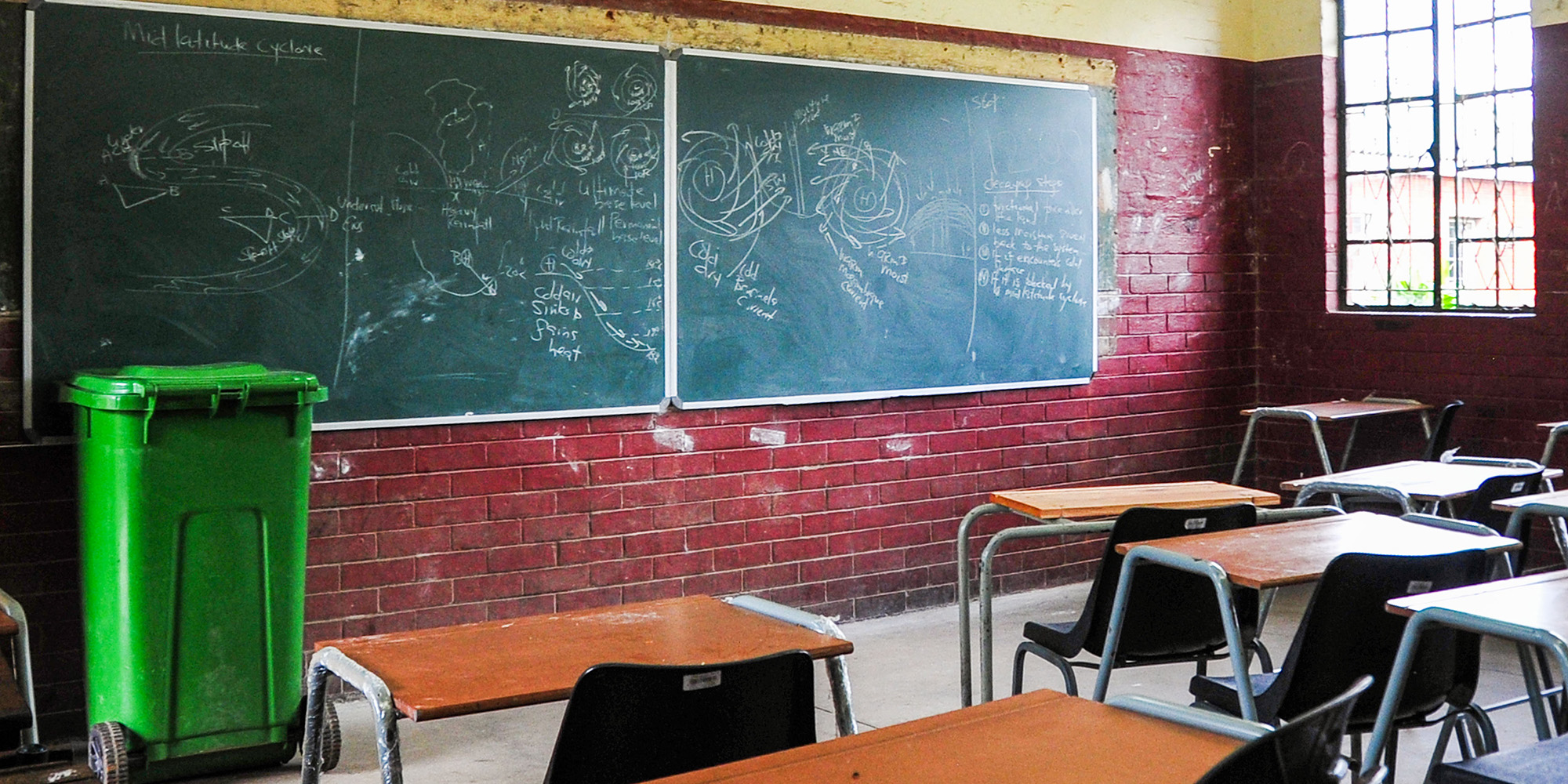The number of South African parents struggling with the cost-of-living crisis and defaulting on school fees is on the rise – and private schools can attach your assets if you don’t pay up.
TPN Credit Bureau’s latest data on school fee payments for public and private schools shows that in the first quarter of this year, 30% of parents at fee-paying public schools made no payment towards their fee obligations, and 22% made only partial payments.
At private schools, 15% of parents and guardians made no payment towards their school fee obligations, and 32% made partial payments.
If you are having trouble paying fees, speak to the school sooner rather than later to make alternative payment arrangements.
Ashleigh Laurent, an attorney at TPN, warns that there are legal consequences at private schools. The obligation to pay fees flows from a contractual agreement between the parent or guardian and the school.
“If a parent defaults on school fee payments, they would be in breach of the agreement, and the independent school is entitled to send a 20-business-day letter of demand in which they demand outstanding payments,” she cautions.
The South African Schools Act specifically states that public schools “may not attach the dwelling in which a parent resides”.
Similarly, the Act prohibits public schools from suspending learners for nonpayment of fees. However, this does not apply to private schools.
Laurent outlines the legal consequences for defaulting parents at private schools:
You can be listed at credit bureaus for nonpayment. The school can get a judgment against you, which will appear on your credit profile.
The school can get an order to attach your movable or immovable property. The high court has previously said there is no legislative provision that would prevent a private school from attaching immovable property in respect of a school fee debt.
Your child can be suspended or expelled because you have not paid school fees. Laurent says this would be the last resort and the school cannot terminate your child’s education without first following an appropriate and fair procedure.
The high court precedent
In a judgment dating back to 2017, the Pietermaritzburg High Court ruled that the immovable property of defaulting parents is executable for payment of arrear school fees for independent schools.
“The case confirmed the principle of informed choice, which confirms that parents have a choice to send their children to independent schools because they enjoy a higher economic status than the majority of parents who choose to send their children to public schools,” Laurent says.
St Charles College, a private boys’ school in Pietermaritzburg, had obtained a judgment against Henry and Gleryl de Rauville for unpaid fees that amounted to about R627,000.
The school’s attorneys issued a warrant of execution to attach the couple’s movable property.
However, the sheriff of the court was only able to remove goods to the value of R6,200.
The De Rauvilles’ two sons had already matriculated in 2015 and both parents were permanently employed. The school’s attorneys then applied to the court for a judgment to attach and sell the De Rauvilles’ family home in execution.
Standard Bank was also named as a respondent because there were two mortgage bonds registered on the house.
The couple held that it was unconstitutional to attach their immovable property to recover tuition fees when the same is not applied to parents of children at public schools. However, the judge pointed out that the judgment debt was substantial and the couple had control over their circumstances.
“[They] made an informed choice of enrolling their sons at an independent school. That is to say that they knew … they would incur the cost of tuition fees and they did so voluntarily.
“[They] had the choice, if they so wished, to enrol their sons at a public school and thus would have avoided their present predicament,” the judgment said.
In the De Rauvilles’ case, the debt was a significant sum, but smaller sums can carry the same consequences.
In 2018, the Equal Education Law Centre reported that a school had sold the lounge suite, microwave and refrigerator of a parent – and was threatening to attach her home – to settle an outstanding payment of R25,000. DM
You may write a letter to the DM168 editor at heather@dailymaverick.co.za sharing your views on this story. Letters will be curated, edited and considered for publication in our weekly newspaper on our reader's views page.
This story first appeared in our weekly Daily Maverick 168 newspaper, which is available countrywide for R35.






